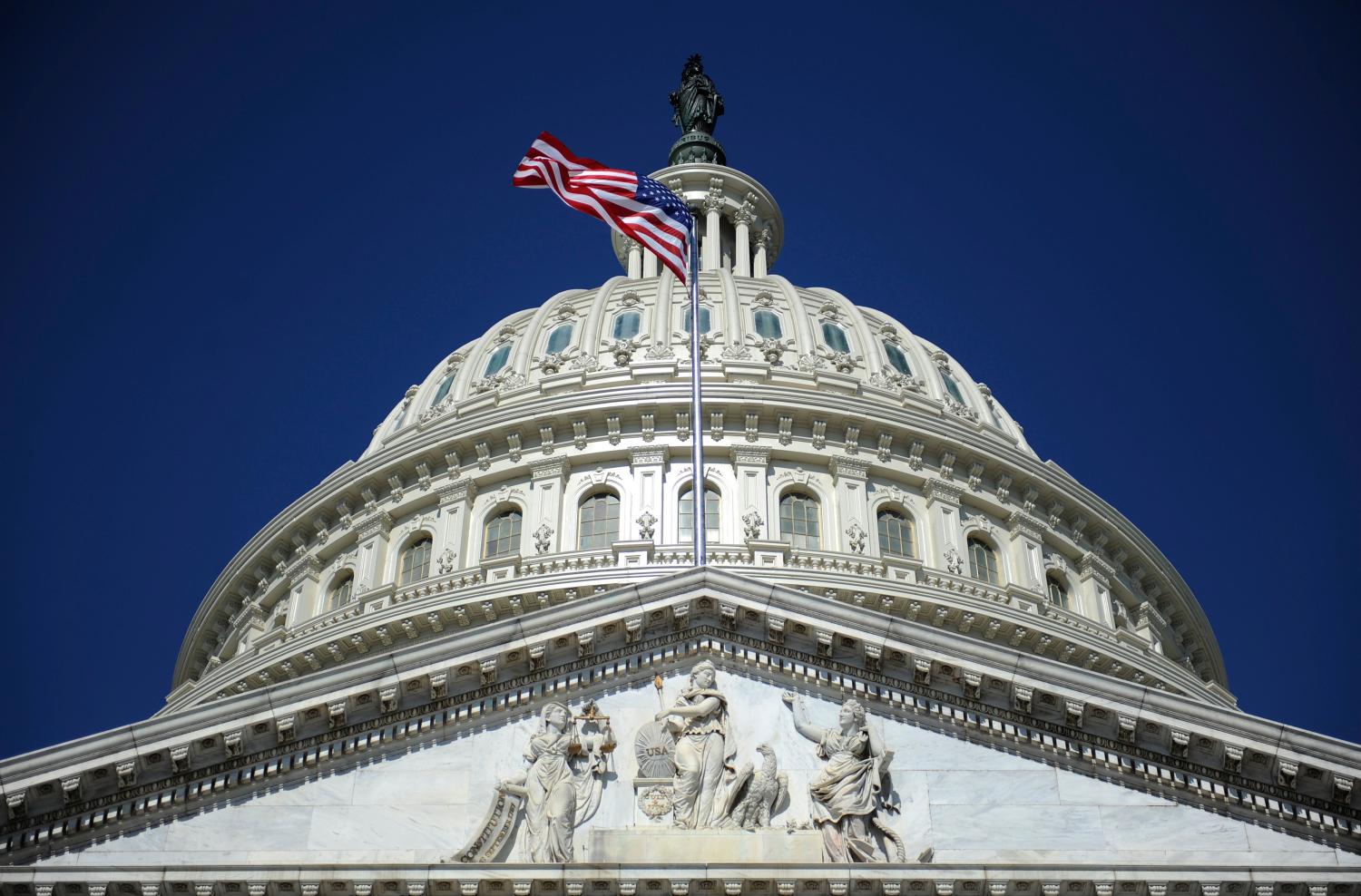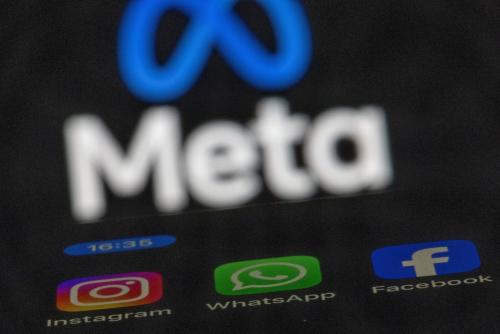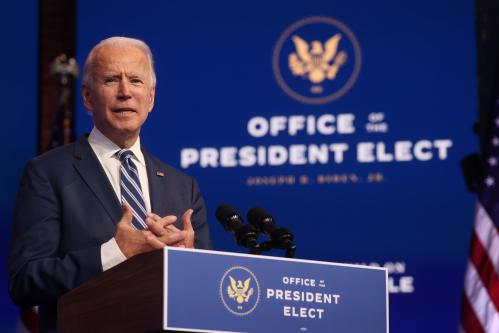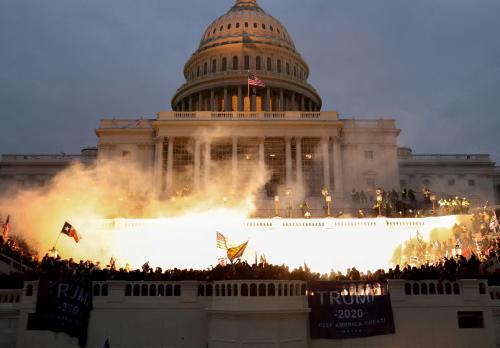A year ago, I wrote a book entitled Divided Politics, Divided Nation: Hyperconflict in the Trump Era that drew on my experience growing up in a conservative farming community in Ohio and then teaching for many years at liberal Brown University. It traced the rising polarization in the United States over the past 40 years and how dangerous the divisions were for our ability to function as a democracy and our ability to address important problems.
Flash forward and it is shocking how the situation since then has deteriorated and the role misinformation has played in the intensification of the political divide. During the 2020 election, for example, there were false claims that mail ballots would generate massive election fraud and that wearing masks to protect people against COVID-19 would endanger individual freedom. In addition, President Donald Trump has proclaimed since the election that it was stolen from him, there was massive fraud, and the Joe Biden’s victory was illegitimate. Dozens of courts have dismissed these claims for lack of evidence, including cases presided over by Trump-appointed judges.
Two weeks before Biden’s inauguration, disaffected Trump supporters came to Washington to express their dissatisfaction over Trump’s loss. After a highly incendiary speech from Trump, they marched to the Capitol, smashed windows and doors, stormed the building, assaulted police officers, stole federal property, and temporarily stopped members of Congress from certifying Biden’s victory.
A stunned nation could not believe the mob violence, desecration of a federal building, and the temporarily successful effort to halt the legislative process. It was the first time since the War of 1812 that the Capitol had been overrun, only this time, it was not a foreign enemy that had occupied the space but fellow Americans. It was the ultimate polarization of Americans turning against other Americans and engaging in violence that resulted in death and injury.
Yet on social media, Trump supporters continue to spread outright lies. People I know argue that the violence was committed by ultra-liberal antifa supporters who infiltrated what they claimed was a peaceful Trump protest. Others are telling their friends to shut off the automatic update feature of their phones because the operators are going to remove Trump’s access to the emergency broadcasting system. Some even suggest that some of the more extreme actions were staged and did not take place in the way they are being depicted by the news media.
These are not innocent lies that have no consequences. These false narratives allow those who saw the Capitol invasion to believe Trump supporters refrained from violence and that progressive activists were the guilty ones. They help the president’s side turn the violent attack into an argument on why Trump supporters are being unfairly framed. From their standpoint, that version has the virtue of turning the guilty party into liberal Democrats, rail against unfair media coverage, and convert this episode into one more grievance being committed against Trump supporters.
Ultimately, criminal indictments and trials will confirm the truth and provide evidence regarding the specific individuals who violated the peace and sanctity of the Capitol. Those who already have been indicted have been found to be members of far-right organizations who in the weeks leading up to the insurrection talked online about marching to the Capitol, taking over the building, engaging in violence, and in some cases threatening to kill top officials. It will, however, take months to bring these prosecutions to a legal conclusion and millions of people in the United States and around the world could well continue to believe “facts” that clearly are wrong.
If Trump supporters think this was a case of liberal violence that desecrated the U.S. Capitol, it will reinforce their existing beliefs that the system is unfair, the media are biased, and prosecutors are engaged in illegal persecutions against them. Left unchecked, these narratives will affect views about the Biden presidency, the actions of a Democratic Congress, the condition of American democracy, the future of Donald Trump, and the 2022 and 2024 elections.
Misinformation is a big part of our current polarization because it is hard to bring the country together when each side has its own facts and attributions of responsibility. It helps that some leading social media platforms have limited or banned Trump’s posting privileges. But that will not stop the spread of misinformation as Trump likely will move to other sites that have few limits on what he can post. His followers will share falsehoods on their own sites, and misinformation will continue to divide Americans and poison our political environment.
We need Section 230 reforms that impose accountability on social media sites. It doesn’t have to be a complete elimination of the legal liability shield that insulates large tech platforms from lawsuits, but well-constructed guardrails that protect Americans from exhortations of violence and outright hate speech.
One model that already has been enacted into national law is the Fight Online Sex Trafficking Act of 2018. It held digital firms liable for human trafficking that takes place on their sites. That approach is consistent with the recommendations of Danielle Citron and Benjamin Wittes regarding the importance of policing “unlawful third-party content” that occurs on large digital platforms. It will be impossible to stop extremism and radicalization if platforms can spread violent exhortations around the world with no limitation or accountability. It is time for meaningful action on this front.
The Brookings Institution is committed to quality, independence, and impact.
We are supported by a diverse array of funders. In line with our values and policies, each Brookings publication represents the sole views of its author(s).









Commentary
The role of misinformation in Trump’s insurrection
January 11, 2021